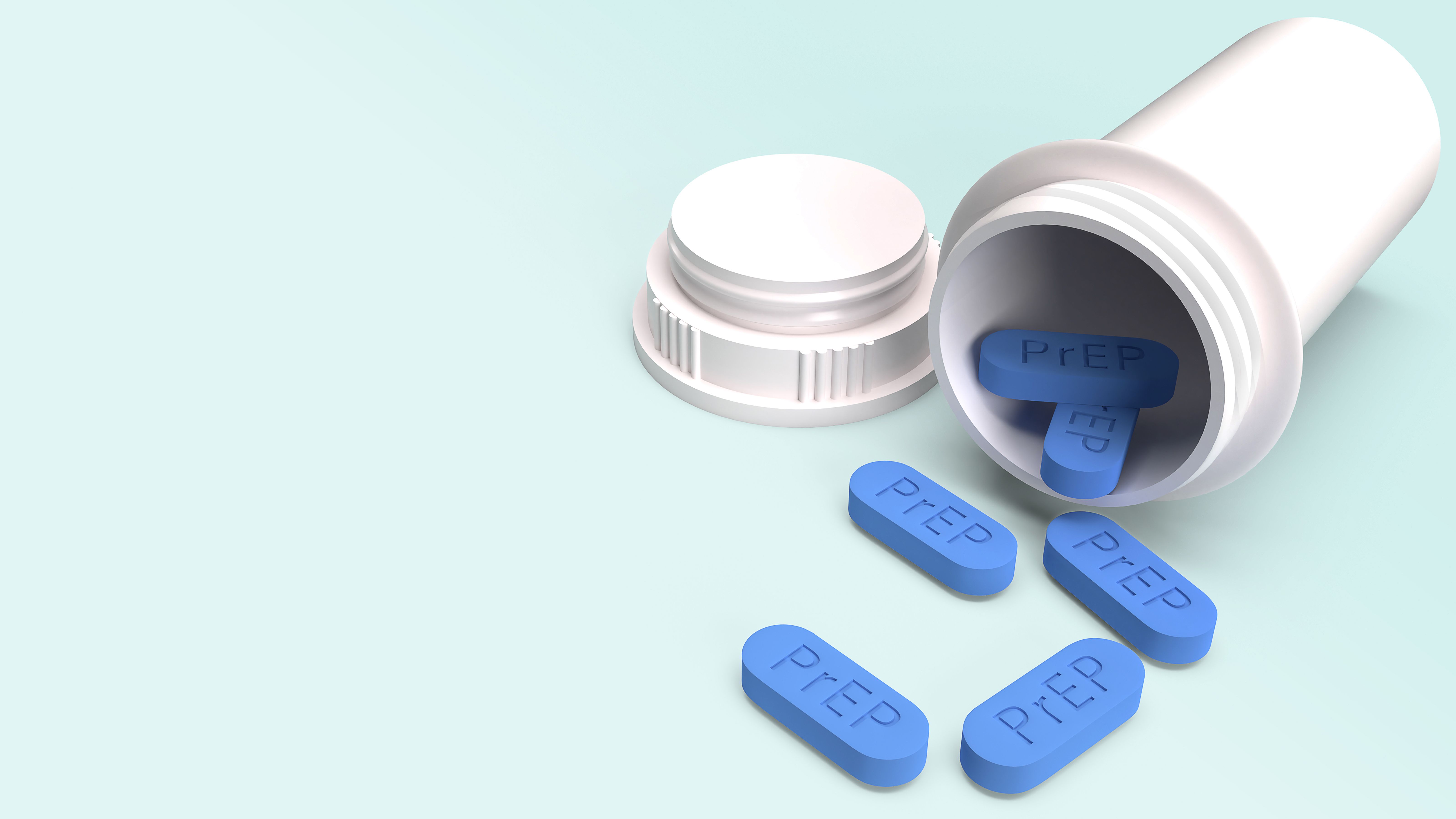Social Media May Not Be Sharing Most Accurate Information About Emtricitabine-Tenofovir Alafen As PrEP for HIV

[ad_1]
There are gaps in Twitter messaging about emtricitabine-tenofovir alafen (Descovy; Gilead), a type of oral pre-exposure prophylaxis (PrEP) that prevents the transmission of HIV, according to an analysis of tweets recently published in a study in Innovations in Pharmacy.
Image Credit: Adobe Stock – niphon

Although most tweets provided accurate information about the target population, social media is still filled with misinformation about the importance of adhering to PrEP, practicing safer sex, and routine HIV testing while on the medication.
The 2 main oral therapeutic forms of PrEP are emtricitabine-tenofovir ([TDF] Truvada; Gilead) and emtricitabine-tenofovir alafen, which were approved in 2012 and 2019, respectively. Emtricitabine-tenofovir alafen is indicated for men who have sex with men (MSM) and transgender women.
MSM are disproportionately affected by HIV, with a 2020 study showing that 80% of this at-risk population still did not use PrEP. Other at-risk groups of people include those who are Black or of African American race/ethnicity, assigned male sex at birth, or aged 25 to 34 years. There are a growing number of national public health strategies to increase PrEP uptake among at-risk individuals.
After emtricitabine-tenofovir alafen was approved in 2019, investigators conducted a content analysis of top tweets about the PrEP agent to highlight current information gaps that can help inform strategies for uptake. Worldwide, more than 199 million people use Twitter, which is vulnerable to the spread of inaccurate information like most social media.
Results from the analysis showed that most tweets mentioned that emtricitabine-tenofovir alafen is indicated for MSM and transgender women (88% and 84%, respectively). A higher number of verified accounts expressed that it is not indicated for those at-risk via vaginal sex compared to unverified accounts (92% versus 68%, respectively).
Most verified and unverified tweets did not communicate correct information about the importance of taking emtricitabine-tenofovir alafen once-daily, and consistently, as being the best way to prevent HIV acquisition. Most tweets did not mention cost either, which continues to be barrier to PrEP uptake. Programs such as “Ready, Set, PrEP” exist to improve accessibility and uptake, but many tweets did not provide information on how to access these resources.
In addition, less than 33% of tweets mentioned the importance of taking emtricitabine-tenofovir alafen while also practicing safer sex. Similarly, fewer than 33% of tweets mentioned the significance of routine HIV testing while taking emtricitabine-tenofovir alafen. Investigators do note that most tweets discussed common renal and bone-related adverse events (AEs) associated with emtricitabine-tenofovir alafen, which may improve medication transparency and access.
A limitation of the study is that investigators only collected a convenience sampling of tweets. Other limitations include the exclusion of tweets older than 1 year and Twitter’s finite tweet count, although many tweets linked to external content.
Investigators suggest that health educators and clinicians clarify why emtricitabine-tenofovir alafen is indicated for MSM and transgender women, understand all the current information gaps, and work toward creating material that accurately promotes recommended PrEP options based on risk of HIV acquisition.
Reference
Boot A, Deas C. What’s Trending on Twitter Regarding the Most Recently Approved Oral Agent for HIV Pre-Exposure Prophylaxis (PrEP)? Innov Pharm. 2022; 13(4): doi: 10.24926/iip.v13i4.4794
[ad_2]
Source link
